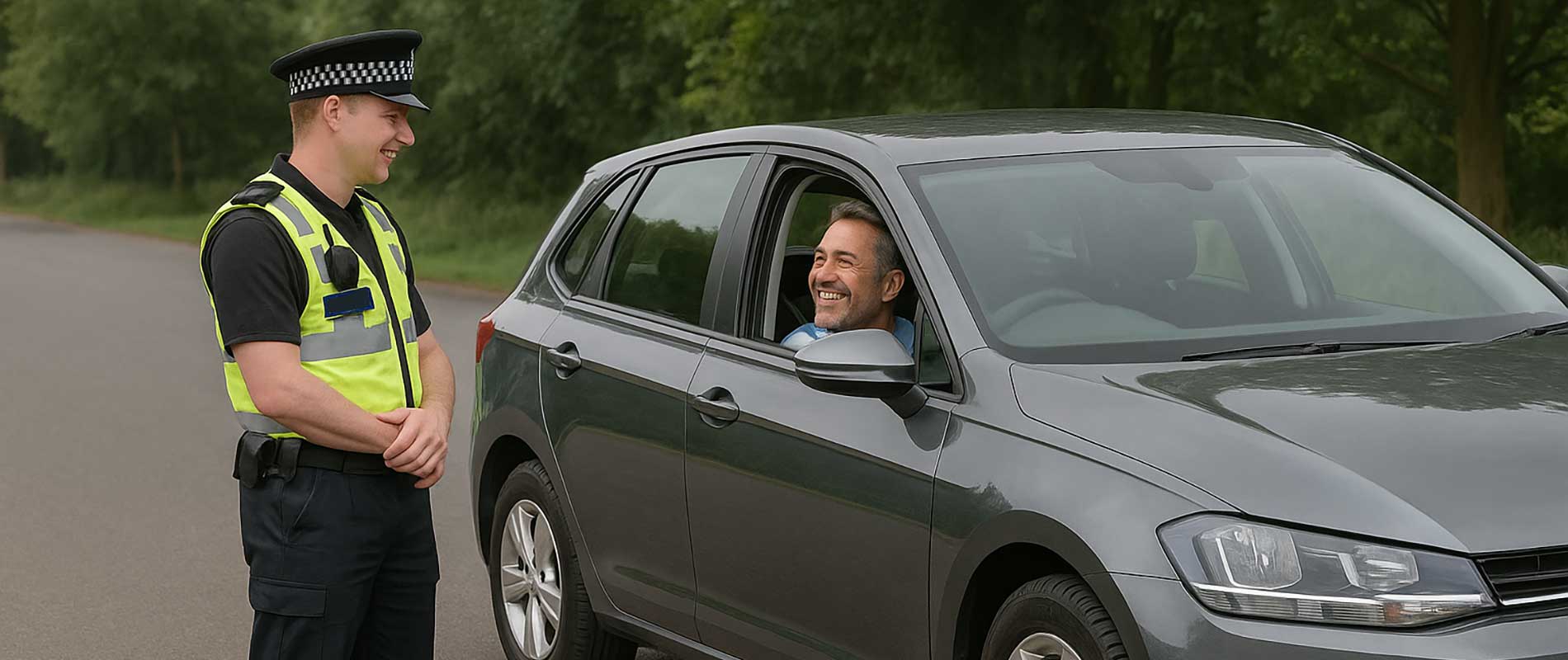After a motoring conviction, the first shock often comes when you see your new insurance quote. Prices can jump sharply, and even minor offences can make you seem like a higher risk. But while it may feel unfair, there are clear and realistic ways to bring those costs down over time; without cutting corners or risking invalid cover.
Start with the basics. Insurers calculate premiums by risk, so anything you can do to look safer in their eyes helps. Keep your licence clean, stay insured continuously, and avoid making unnecessary claims. Even small steps; such as keeping your car in a locked garage or adding an approved alarm; can shave meaningful amounts off your annual premium.
Honesty is vital. Declaring your conviction accurately might raise the quote at first, but it protects you later. If an insurer finds undeclared points or offences, they can cancel your policy or refuse to pay a claim. By being upfront, you build a foundation of trust; and that trust makes it easier to negotiate better terms in future renewals.
Shopping around is essential. Not all insurers treat convictions the same way, and specialist providers may offer far more reasonable terms than mainstream brands. Avoid entering your details on too many sites at once; instead, contact a few reputable brokers who handle non-standard cover. They’ll know which insurers are open to your circumstances and can often match you with companies willing to take a fair view of your case.
Adjusting your excess is another simple way to control costs. Increasing the voluntary excess; the amount you’d pay if you claim; usually brings the premium down. Just make sure the figure is realistic; there’s little point in agreeing to an excess you couldn’t actually afford after an accident.
Your choice of vehicle can make a surprising difference. Cars with smaller engines, strong safety ratings, and modest repair costs are usually cheaper to insure. If you’ve recently been banned or have a fresh conviction, switching to a practical model in a lower insurance group can be a quick route to savings. It also shows insurers that you’re taking a sensible approach to getting back on the road.
Consider mileage and how you use your car. The fewer miles you drive, the lower the perceived risk. If you only travel locally or occasionally, let the insurer know. Some companies offer limited-mileage or pay-as-you-drive policies that suit drivers who don’t use their car every day.
Telematics cover; often called black-box insurance; can be another helpful tool. It records how you drive and rewards careful behaviour with discounts at renewal. For anyone rebuilding their record, this kind of policy offers concrete proof of safer driving and can reduce costs faster than time alone.
Finally, patience pays. The impact of a conviction lessens each year you remain offence-free. Keep your documents organised, renew on time, and stay within the law. Gradually, the higher prices fade, and insurers start to view you as a normal risk again. Saving money after a conviction isn’t about shortcuts; it’s about consistency, honesty and a steady return to good habits.

